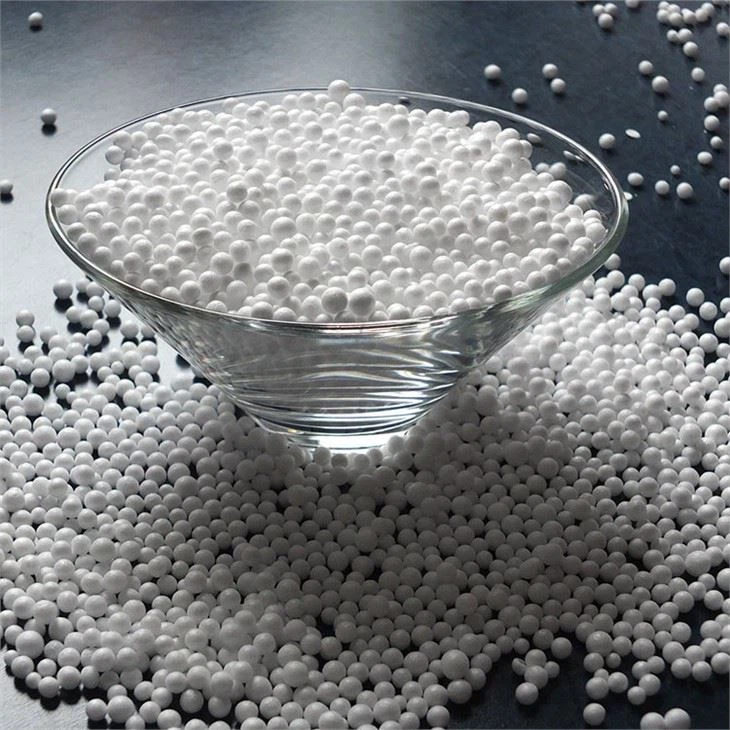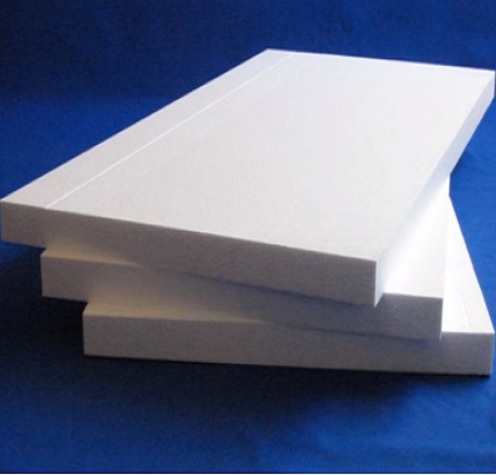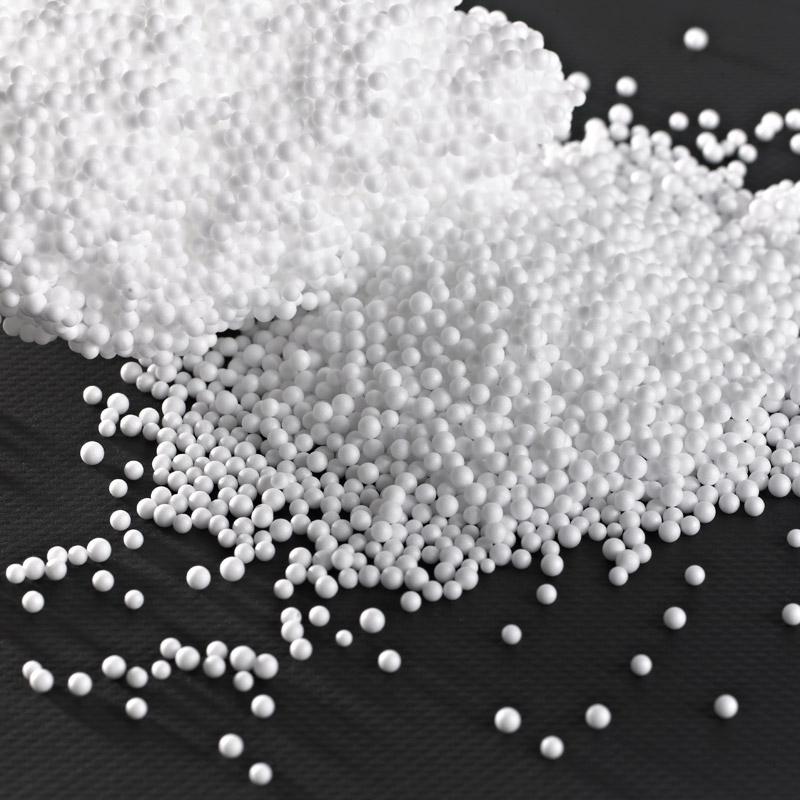EPS (Expandable polystyrene)
Polystyrene is one of the petrochemical products widely used in various industries, which is produced through the polymerization of monomer styrene. Expandable polystyrene (EPS) is one type of this polymer characterized by its increase in volume when exposed to heat. This expandability is caused by the uniform distribution of a hydrocarbon agent, like pentane, within the EPS structure. Manufacturers can expand the beads inside molds of different shapes to obtain a plastic object of the same shape.
The consumption rate of raw material is much lower in this method, compared to other types of polymers and this makes the produced objects to be much lighter. The gas stored in constitutive cells of expanded polystyrene products places them among good insulators against cold, heat, and sound. The very low density of the final product makes it much easier to cut in totally customizable shapes, compared to other plastics.
Many advantages of EPS, including lower costs of application make it popular in many industries such as construction, packaging, industrial and domestic equipment, decoration, etc.
| Usage | Foam Density (g/L) |
Foam | Pre-expansion Density (Kgf/cm2) |
Bead Size (mm) |
Grade |
|---|---|---|---|---|---|
| Insulation, big packing products | 5 – 15 | 60 – 75 | 11 | 1.9 2.5 | F40 |
| Insulation, big packing products | 10 – 20 | 60 – 75 | 11 | 1.6 1.9 | F50 |
| Insulation, big packing products | 14 – 22 | 47 – 65 | 13 | 1.3 – 1.6 | F100 |
| Medium-density Insulation, middle-density packing | 16 – 30 | 42 – 60 | 14 | 0.9 – 1.3 | F150 |
| Medium-density Insulation, special-use products | 20 – 35 | 35 – 55 | 15 | 0.7 – 0.9 | F250 |
| High-density Insulation, special use products | 22 – 40 | 28 – 50 | 16 | 0.47 – 0.7 | F350 |
| High-density Insulation, special use products | 23 – 42 | 24 45 | 17 | 0.3 0.47 | F450 |
Only logged in customers who have purchased this product may leave a review.





Reviews
There are no reviews yet.